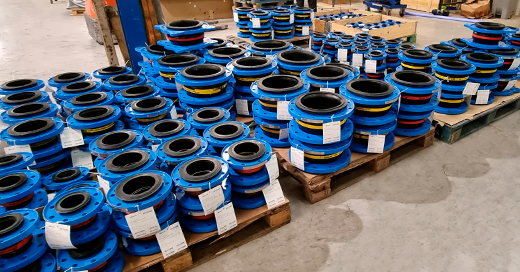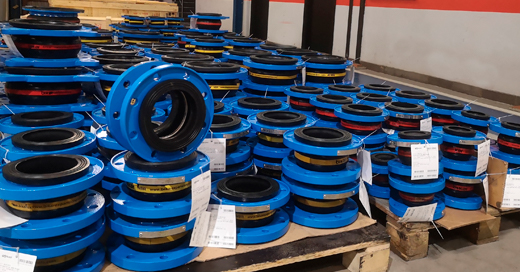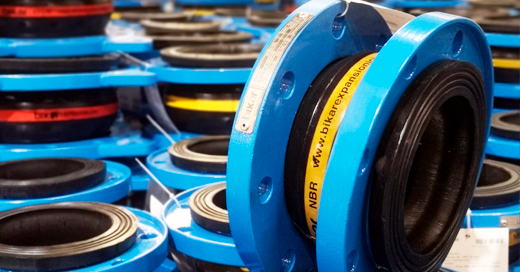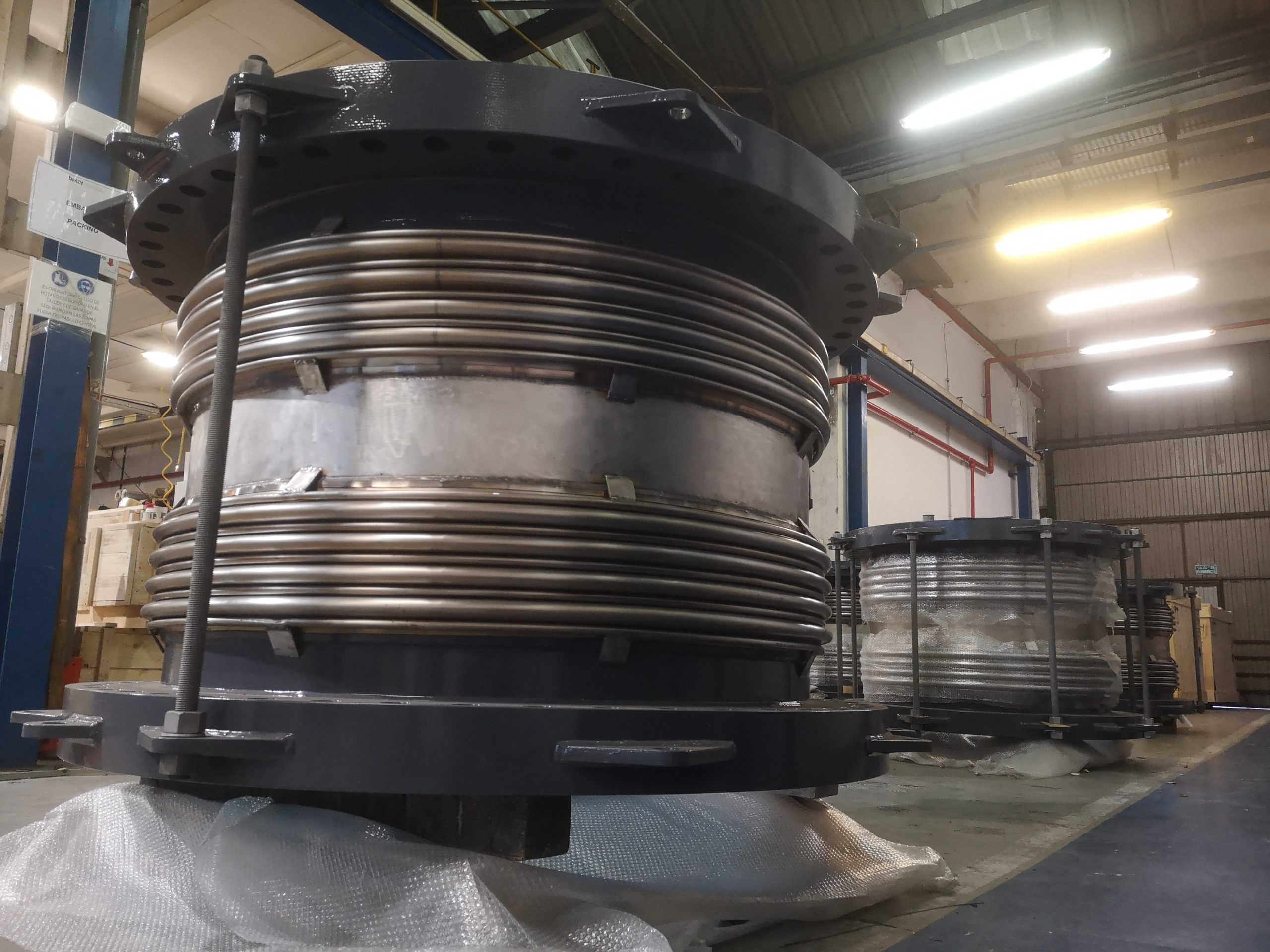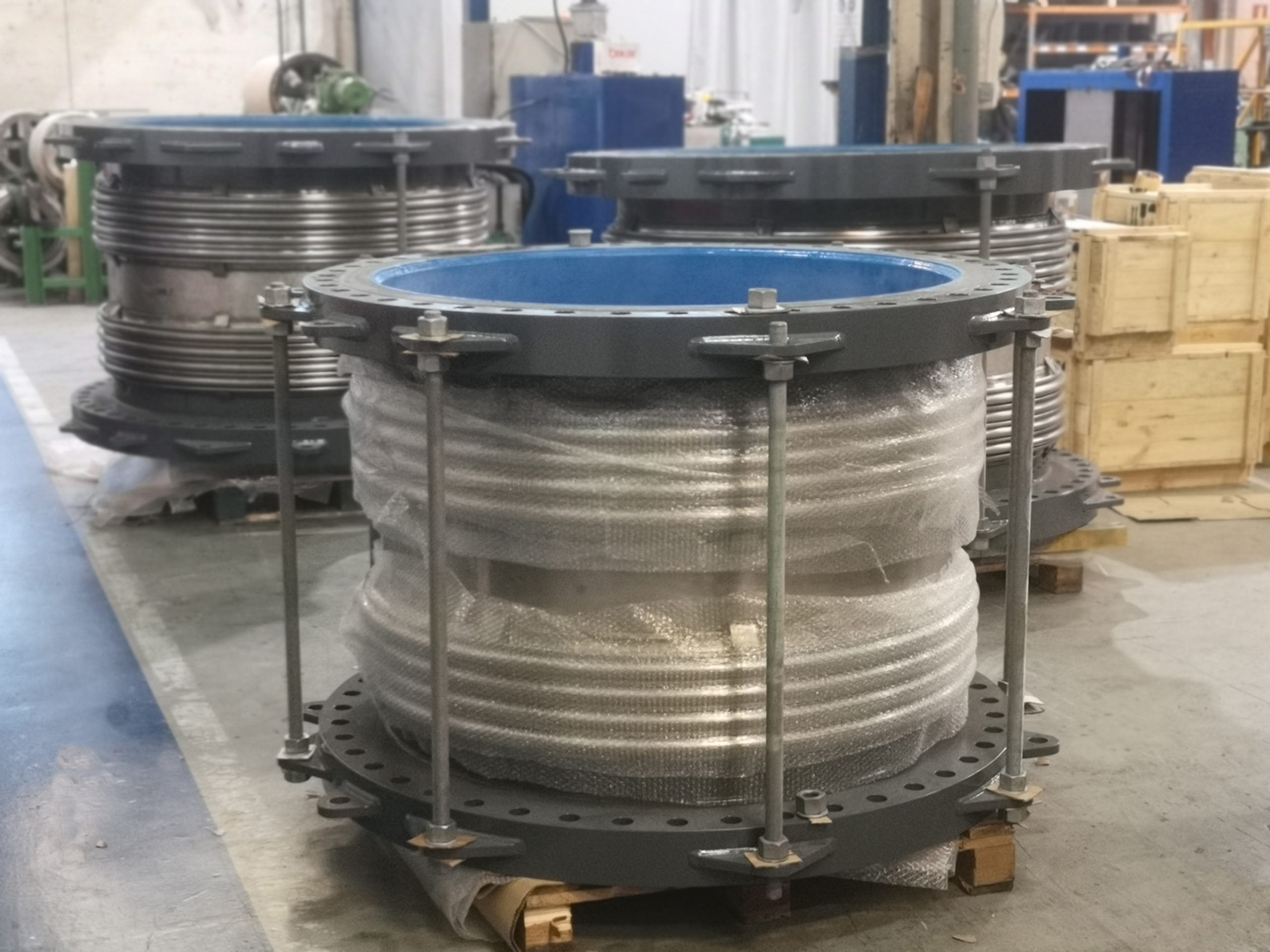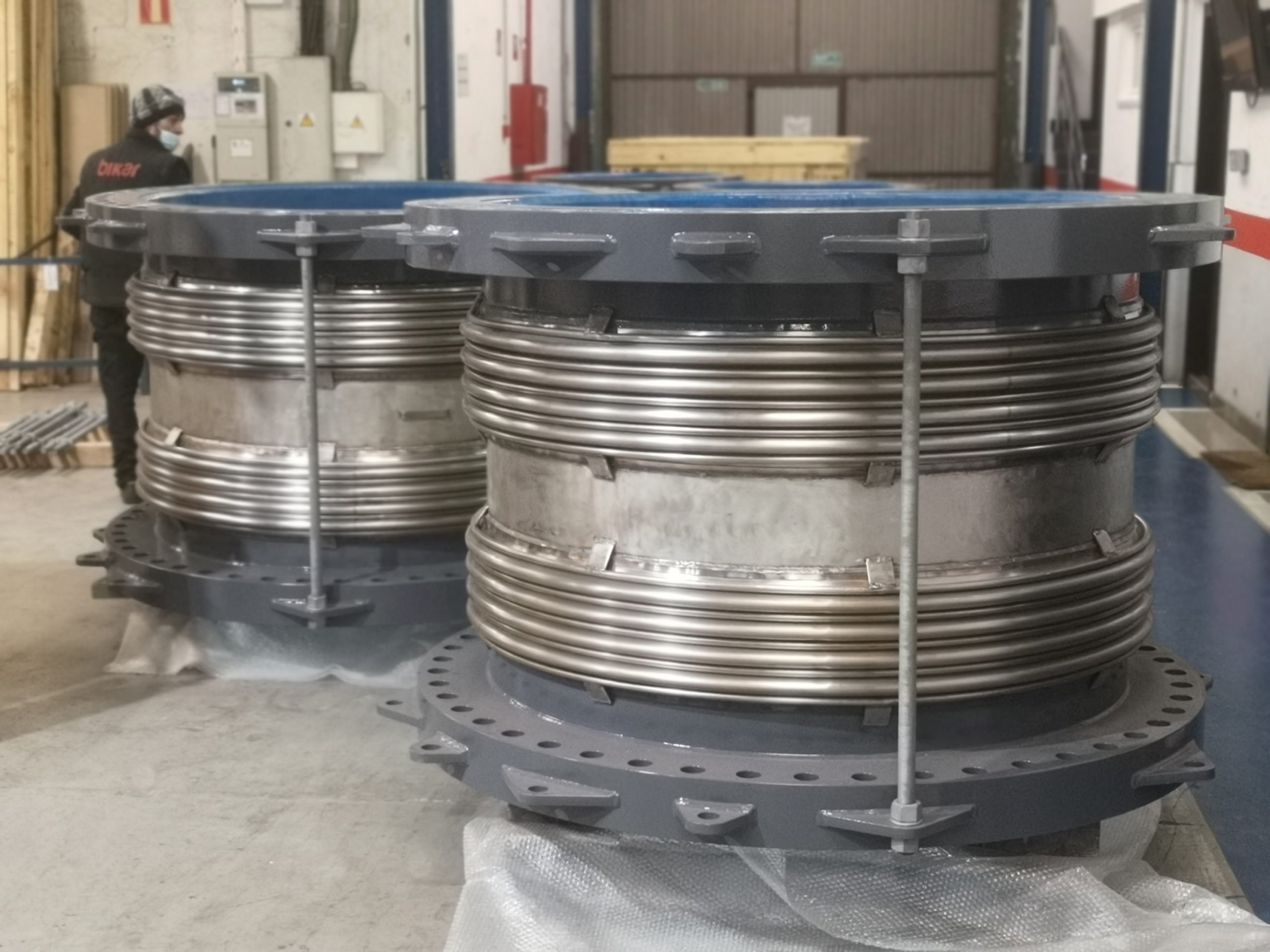New supply of Rubber Expansion Joints for biogas plant in Europe
At Bikar we try to provide the best of our services through our custom made solutions. We do this through a constant search for excellence, always highlighting quality as our best hallmark. On this occasion, we have prepared an imminent supply of rubber expansion joints for an important biogas plant located in Europe.
A large package of more than 250 expansion joints, ranging in size from DN32 to DN500, has been successfully designed, manufactured and shipped. Our customer required a wide diversity of models and compositions, depending on the location of each joint in the plant.
Therefore, the models of rubber expansion joints used were the B-Flex and BF-PPS, manufactured in EPDM or Nitrile. As for the flanges, all of them are manufactured with a specific coating and, as always, according to customer specifications.
Would you like to know more?
Check here the different types of rubber expansion joints we have:
